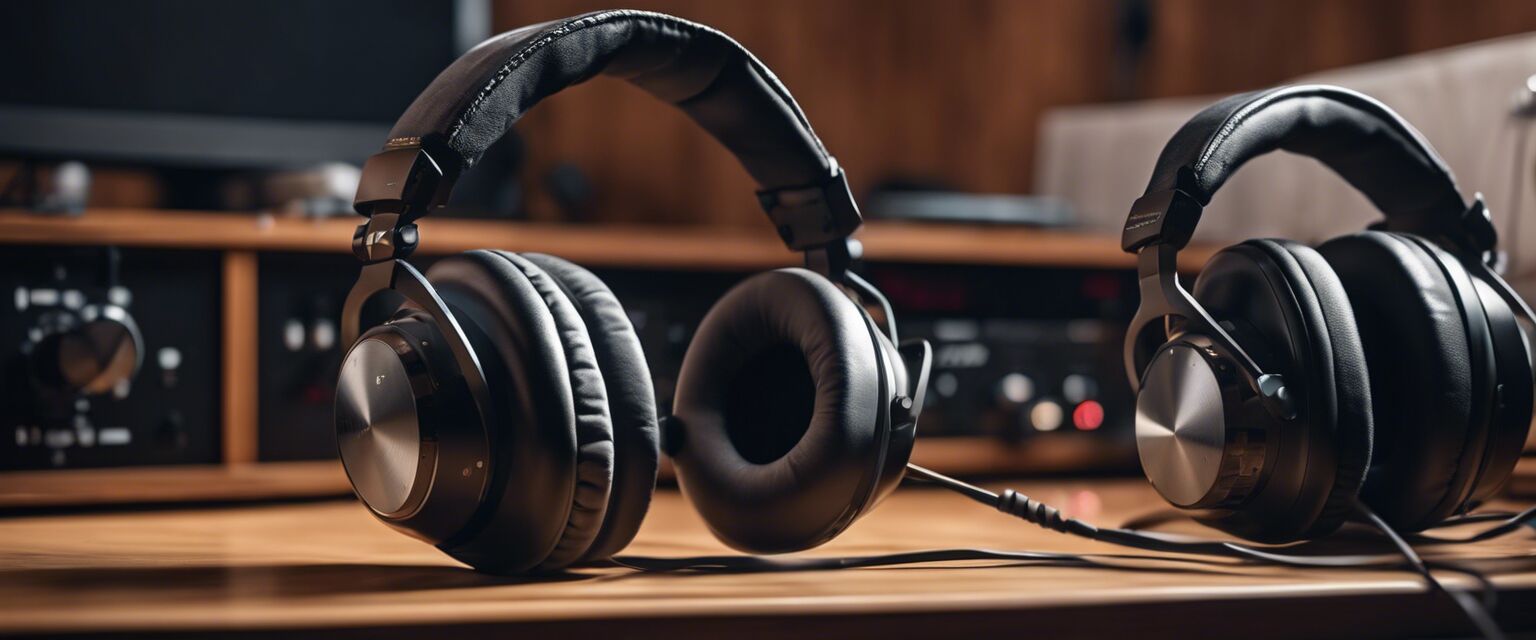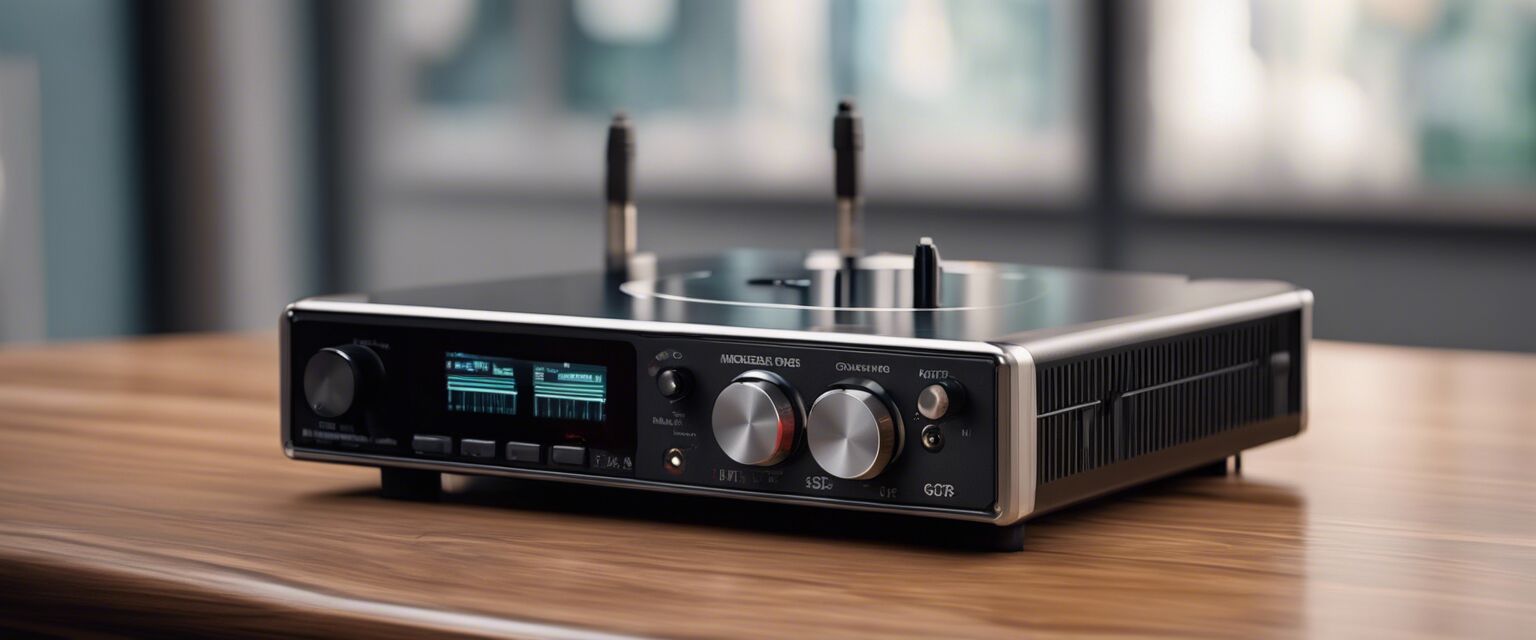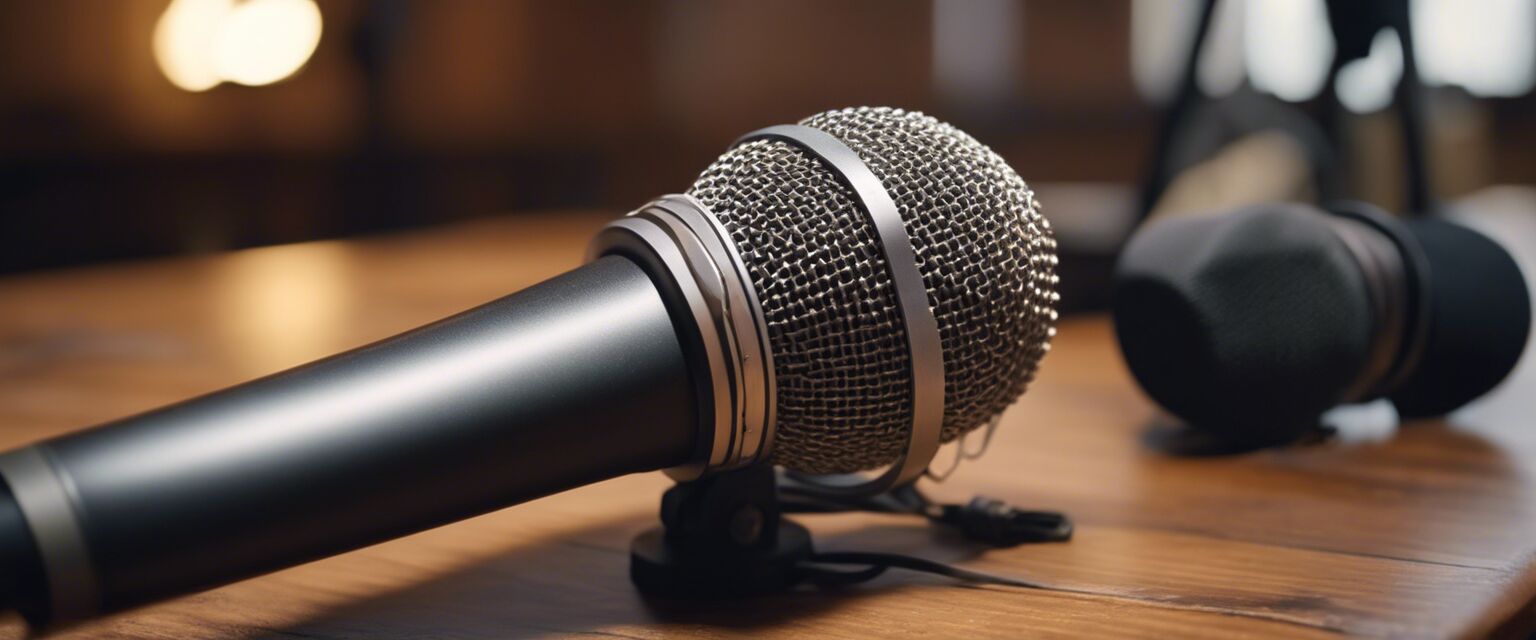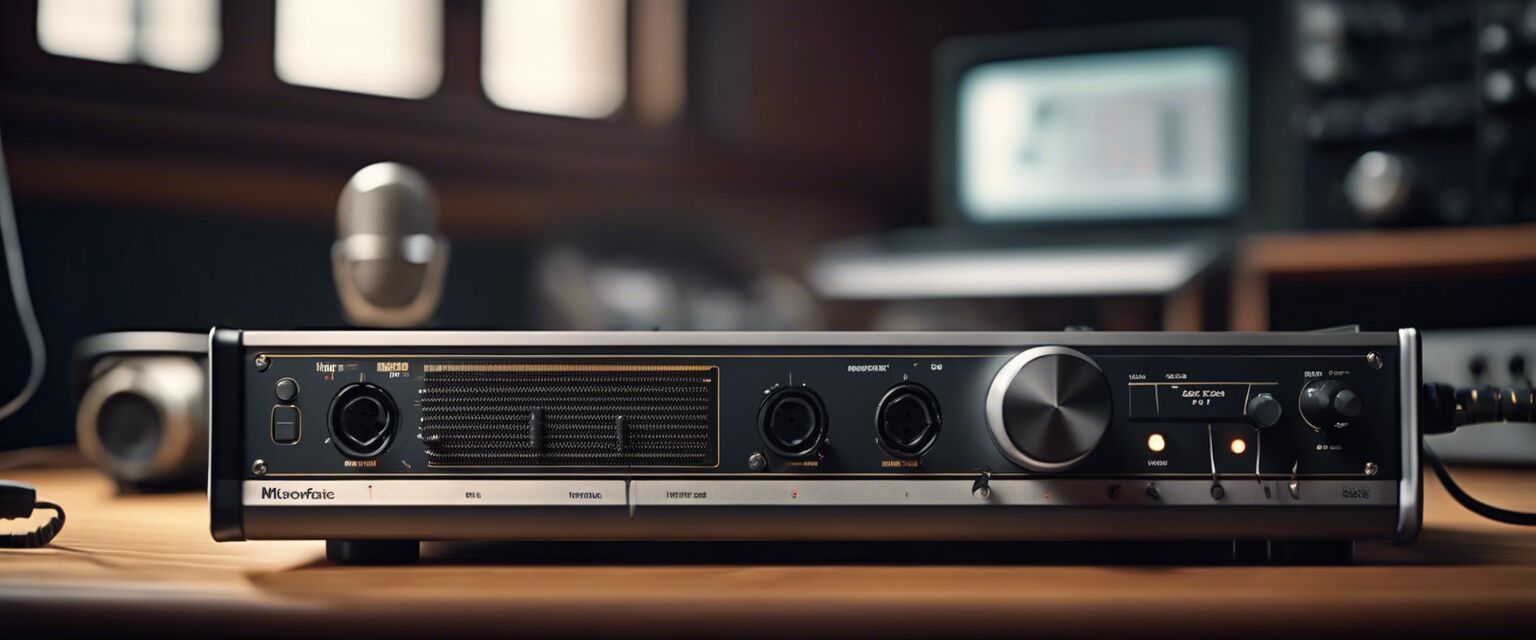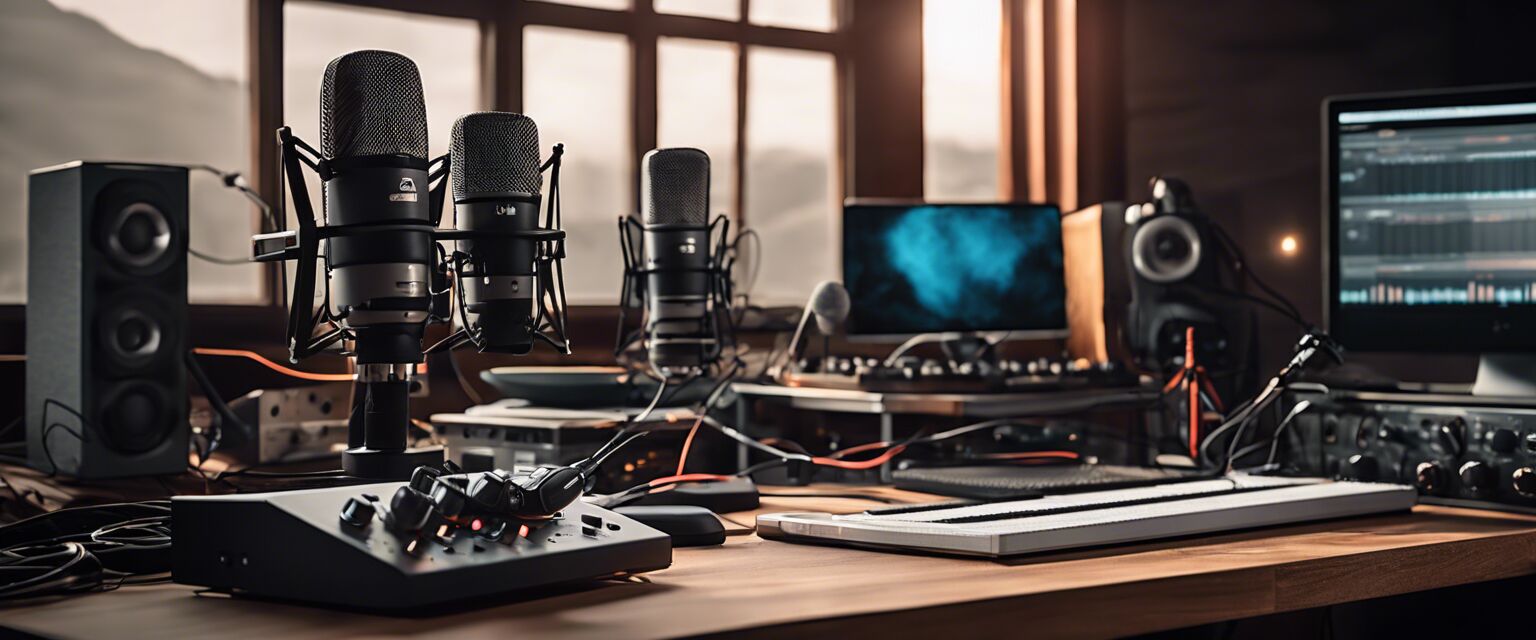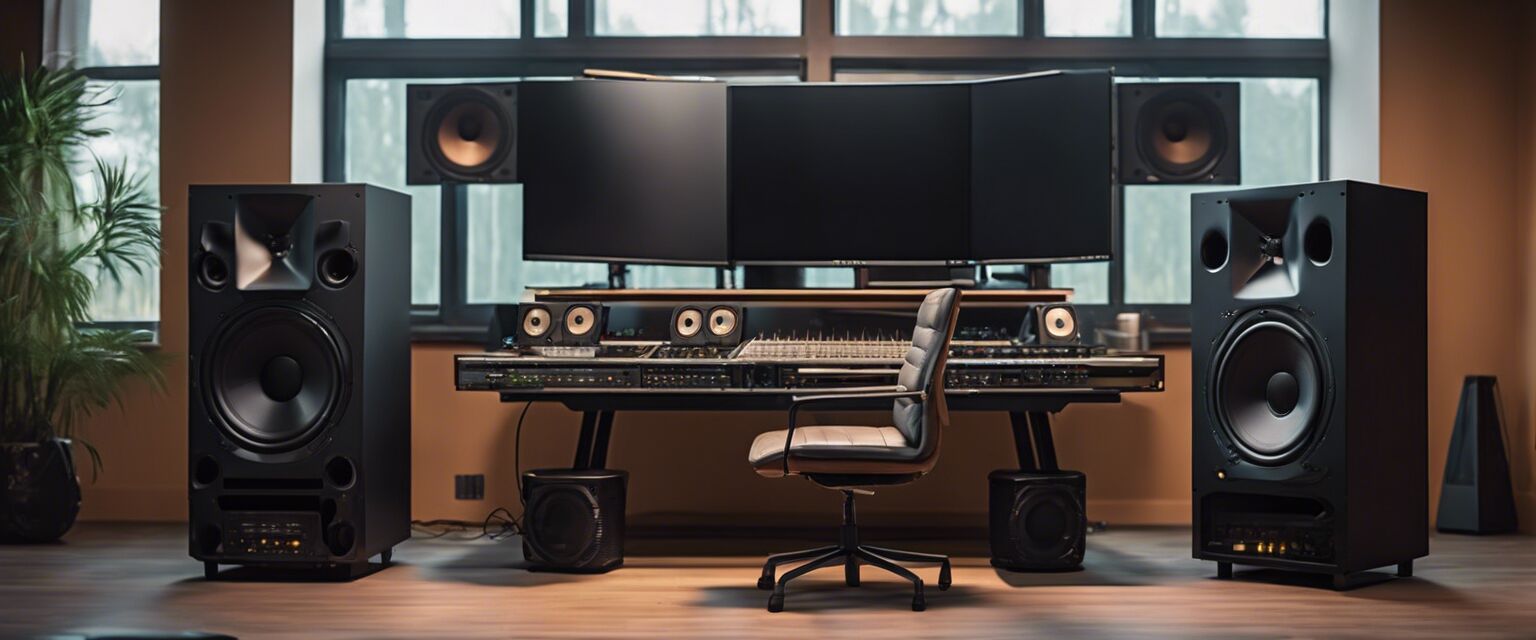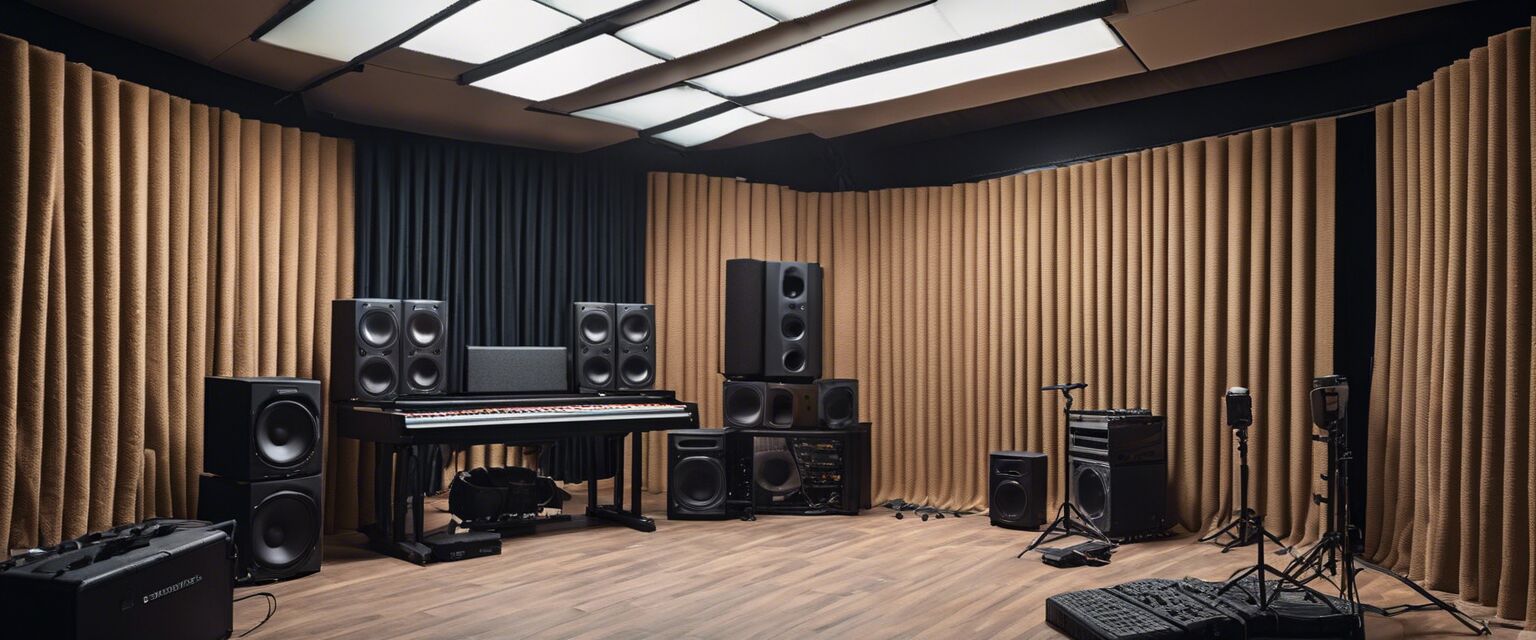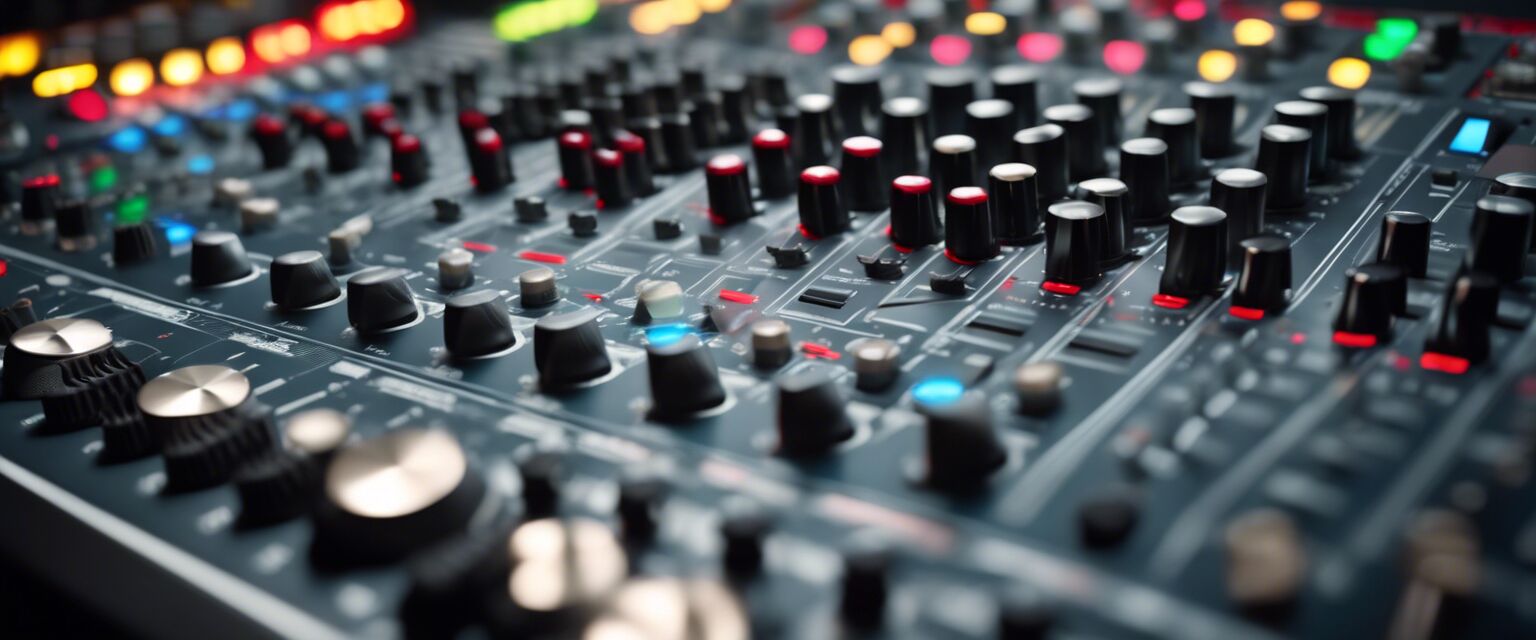
Audio Mixers
Key Takeaways
- Audio mixers come in various forms, catering to different needs.
- Choosing the right audio mixer can enhance sound quality in both studios and live performances.
- Consider essential features like channel counts, effects, and connectivity options.
- Regular maintenance ensures longevity and optimal performance of your audio mixer.
Audio mixers are essential tools in both studio recordings and live performances. They allow sound engineers to balance various audio sources to achieve the desired sound. This article provides an in-depth look at different types of audio mixers, their features, and key considerations when choosing the right one for your needs.
Understanding audio mixers
Audio mixers, also known as mixing consoles, allow users to combine, balance, and adjust the audio signals from multiple sources. They are available in various formats, each designed to serve specific applications, from small home studios to large concert venues.
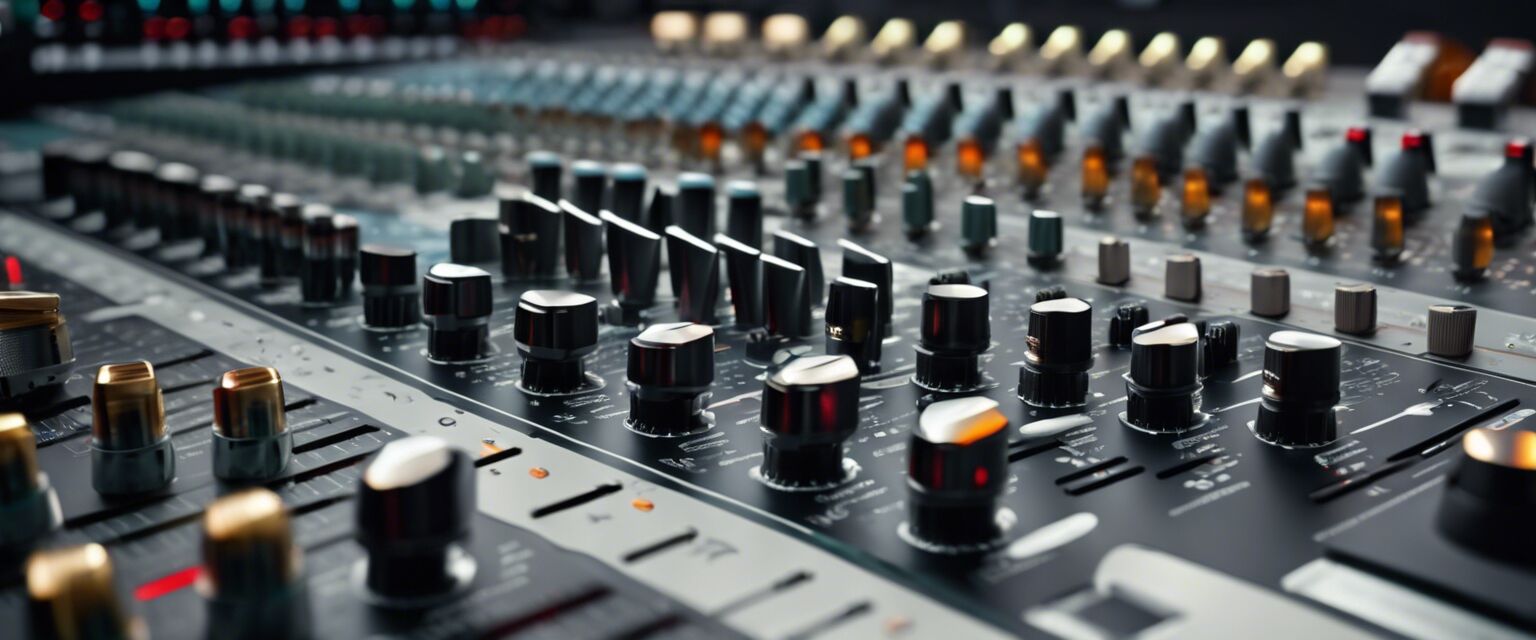
Types of audio mixers
| Type | Description | Recommended Usage |
|---|---|---|
| Analog Mixers | Traditional mixers with physical knobs and faders. | Small studios, live sound, and simple setups. |
| Digital Mixers | Mixers that use digital signal processing with a touchscreen interface. | Professional studios and large live events. |
| Hybrid Mixers | Combines analog and digital technology for versatile use. | Advanced setups requiring flexibility. |
| USB Mixers | Mixers that connect directly to a computer via USB for easy recording. | Home studios and podcasting. |
Essential features to consider
When selecting an audio mixer, you should consider several features that influence the mixerâs performance and adaptability.
- Channel Count: More channels allow for greater flexibility in mixing multiple audio sources.
- Effects: Built-in effects can enhance your audio processing capabilities.
- Connectivity: Look for XLR inputs, USB connections, and MIDI compatibility for versatile setups.
- Size and Portability: Depending on your space and transport needs, size can be a big factor.
- Price: Consider your budget while balancing essential features.
Maintenance of audio mixers
Regular maintenance is crucial for the longevity and performance of audio mixers. Here are some tips to keep in mind:
Tips for beginners
- Always keep your mixer clean by dusting it off regularly.
- Check for loose connections to avoid signal loss.
- Store your mixer in a safe, dry place when not in use.
- Update firmware regularly on digital mixers to ensure the latest features.
- Familiarize yourself with the user manual for troubleshooting tips.
Applications of audio mixers
Audio mixers serve a wide range of applications. Here are some common uses:
- Recording music in studios.
- Live sound mixing for concerts and events.
- Broadcasting audio for podcasts and radio stations.
- Post-production audio mixing for films and videos.
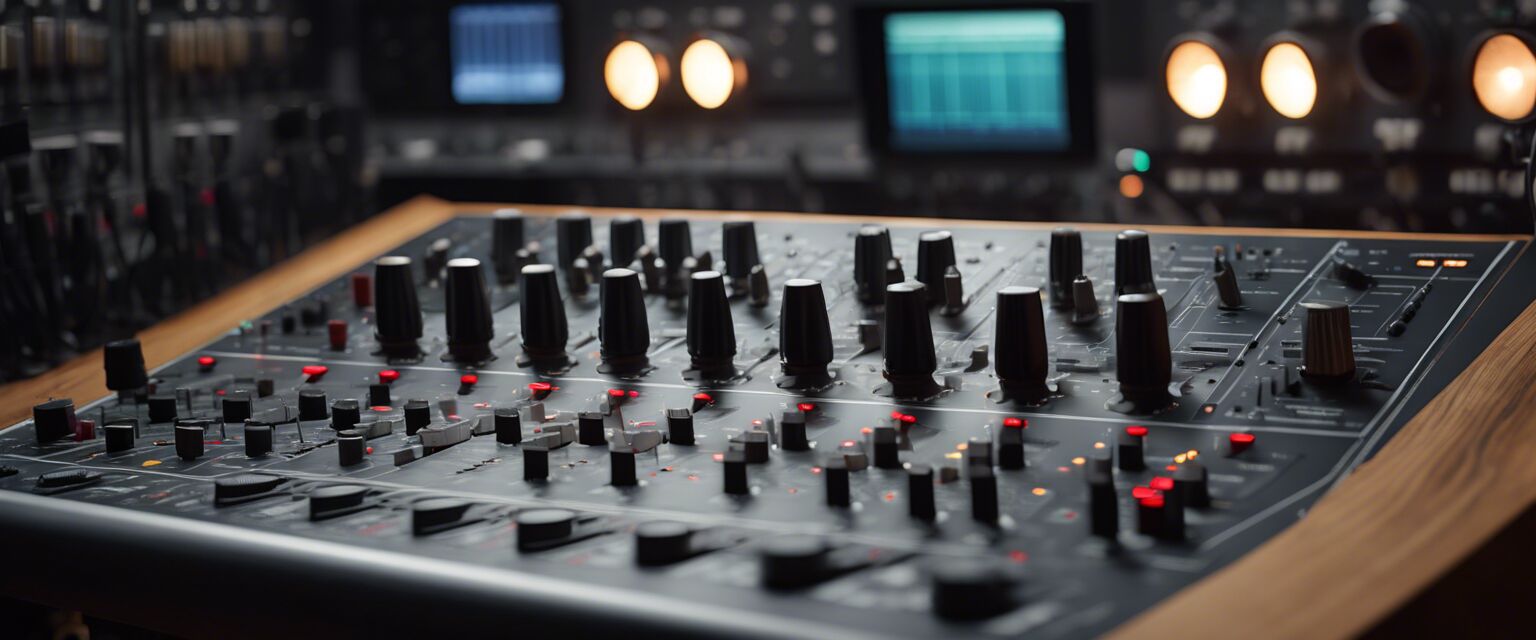
Popular brands of audio mixers
There are several well-known brands that make quality audio mixers. Here are a few to consider:
| Brand | Specialty |
|---|---|
| Yamaha | Known for their reliability in both studio and live sound. |
| Behringer | Offers cost-effective solutions without sacrificing quality. |
| Allen & Heath | Renowned for their sound quality and user-friendly interfaces. |
| Soundcraft | Recognized for their innovative designs and excellent preamps. |
Conclusion
Choosing the right audio mixer is essential for achieving high-quality sound whether in a studio or during live performances. By understanding the different types available, essential features to consider, and taking care of your mixer, you can significantly enhance your audio mixing experience.
Pros
- Versatile for various audio applications.
- Enhances sound quality significantly.
- Adaptable to user needs with various features.
- Available in different price ranges.
Cons
- Can have a steep learning curve for beginners.
- Higher-priced models may be necessary for advanced features.
- Complex setups may require additional equipment.
Explore more audio products
Interested in learning about other audio products? Check out these categories:
